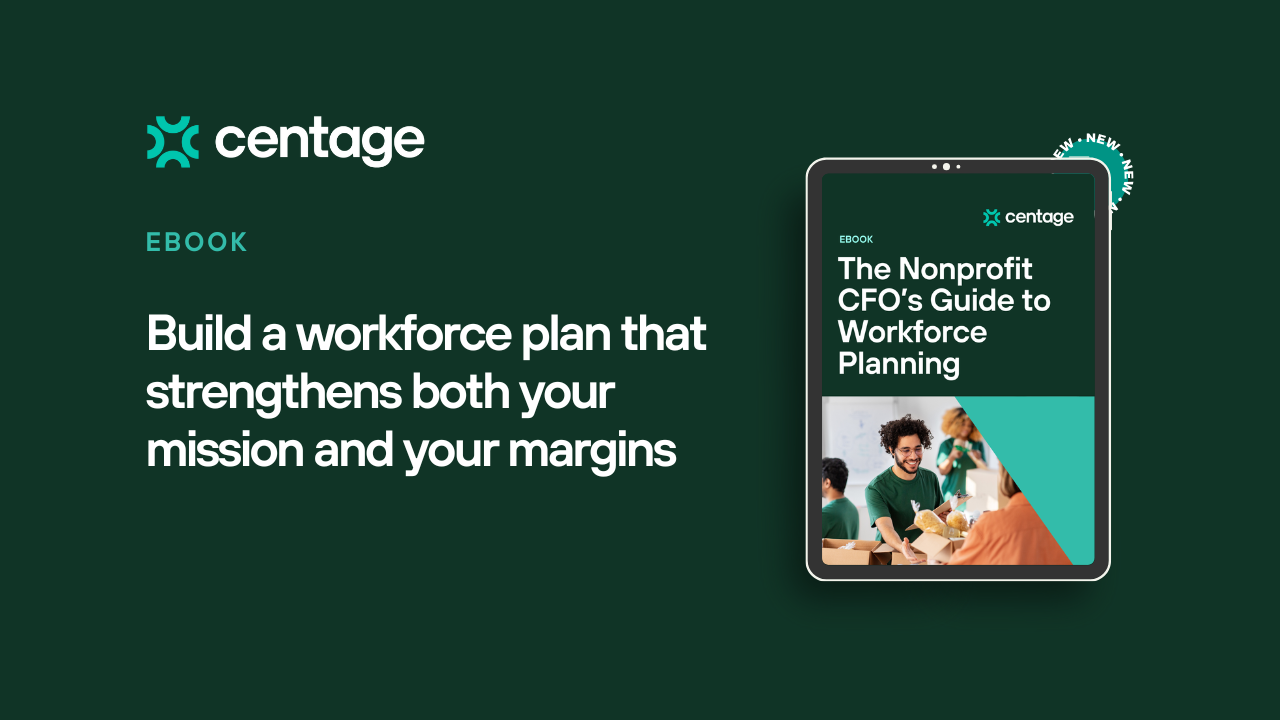The Importance of What-If Scenarios to Financial Planning
It would be great if everything in your business went exactly as you wanted it to. That isn’t the way of the world, though, and it’s certainly not the way of business. For example, imagine that you’ve spent weeks preparing your budget. Business leaders have added their input, projections have been completed, and the numbers are in place for the next year. Three months into the new fiscal year, your biggest supplier lets you know that they will need to increase their costs by 15 percent. Or, what if you launch your newest product, and sales are 30 percent lower than what you project, or demand is 30 percent higher and production must be increased?Perhaps -- six months into the year -- a new competitor emerges and releases a version of the product you were poised to launch. How will you handle these changes? What adjustments need to be made for you to remain competitive? Being prepared for these kinds of situations is exactly why companies create what-if planning scenarios. Yet, there are more reasons to invest time in what-if budgets than just adapting to the worst-case scenario.
Be Prepared
One of the primary reasons organizations create what-if planning scenarios is to be prepared to adjust to the kinds of situations we described above. Understanding the impacts of the most likely scenarios and getting a few of what a worst case looks like, can let you pivot long before an incident becomes a business tragedy. It can also prepare you for any situation or potential change in the market. Foreseeing how these changes will have a direct affect on your business will give you an advantage over the competition, as you can adjust yourself accordingly.
Manage Risks
Managing risk isn’t just about knowing when and what changes to make should a scenario occur. It’s also about thinking and planning for various possibilities to see if your internal systems can handle a situation, or if operational changes need to be made. Think of this what-if planning like a stress-test for your financial health. As you work through and consider various possibilities, you can look closely at the controls and oversights that might prevent a situation from affecting your business, or even happening at all.
Identify Key Business Drivers
Thinking through the circumstances that you want to be prepared for can have an unexpected benefit – you’ll have a clear view of what you consider your key business drivers. You may find a commonality among situations you are creating scenarios for. As you start to see these interest-drivers, some will emerge as the most meaningful to you and therefore also to the company’s success. By identifying these, you’ll be more focused on the most important pieces of your business.
Understand the Effects of Big Business Decisions
Big business decisions are both frightening and ubiquitous for an organization’s leadership. While a what-if scenario won’t make you a fortune teller, it can make clear what the business could look like after the success or failure of a given decision. This information can then arm you to make informed, data driven decisions.
Keep reading...
Interviews, tips, guides, industry best practices, and news.


